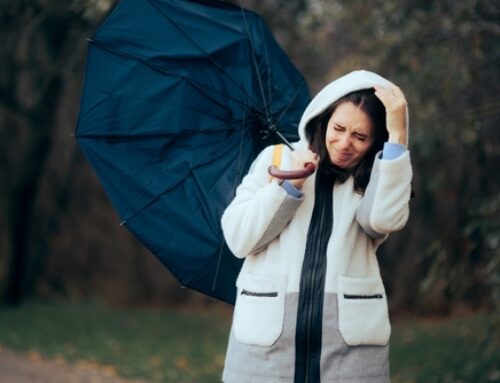The official hurricane season is June 1 to Nov. 30, as defined by the NOAA. However, hurricanes can begin earlier and run later.
After a 2022 “near normal” Atlantic hurricane season, the National Oceanic and Atmospheric Administration (NOAA) predicts another “near normal” Atlantic hurricane season. NOAA predicts 12 to 17 total named storms in 2023. Of those, five to nine could become hurricanes, of which one to four could become major hurricanes.
Major hurricanes are defined by the Saffir-Simpson Hurricane Wind Scale. This scale only takes wind speed into account—it does not factor in rainfall, storm surges or tornadoes. A “major hurricane” is a Category 3, 4 or 5, with a wind range of 111 mph to 157 mph and higher. A Category 3 or higher can cause catastrophic property damage and power outages, forcing people out of their homes for days to several months.
NOAA says there is a 40% chance the 2023 hurricane season is near normal, a 30% chance of an above-normal season and a 30% chance of a below-normal season.
The good news is that this year is likely to be less active in recent years due to competing factors that suppress or fuel storm development, including:
- An above-normal West African monsoon.
- El Niño. After three hurricane seasons with La Nina present, NOAA scientists predict a high potential for El Nino to develop this summer, which can suppress Atlantic hurricane activity.
- Favorable conditions local to the tropical Atlantic Basin.
- Warmer-than-normal sea surface temperatures in the tropical Atlantic Ocean and Caribbean Sea.
However, at the end of the day, as we saw with Hurricane Ian, it takes only one hurricane to cause widespread devastation and upend lives. So regardless of the number of storms predicted this season, it is critical that everyone understand their risk and heed the warnings of state and local officials.
Visit ready.gov or listo.gov for readiness resources, and get real time emergency alerts by downloading the FEMA App.
If you are a victim of a hurricane or any weather event, let the Florida Property Damage Attorneys at The Consumer Law Office (CLO) help you receive the maximum property damage compensation you are entitled to under your insurance policy.
Contact CLO Today 305-940-0924 for a FREE Comprehensive Property Damage assessment and consultation. Visit https://consumerlawoffice.com/
We only get paid when you get paid by your insurance company.
Contact CLO Today! 305-940-0924






